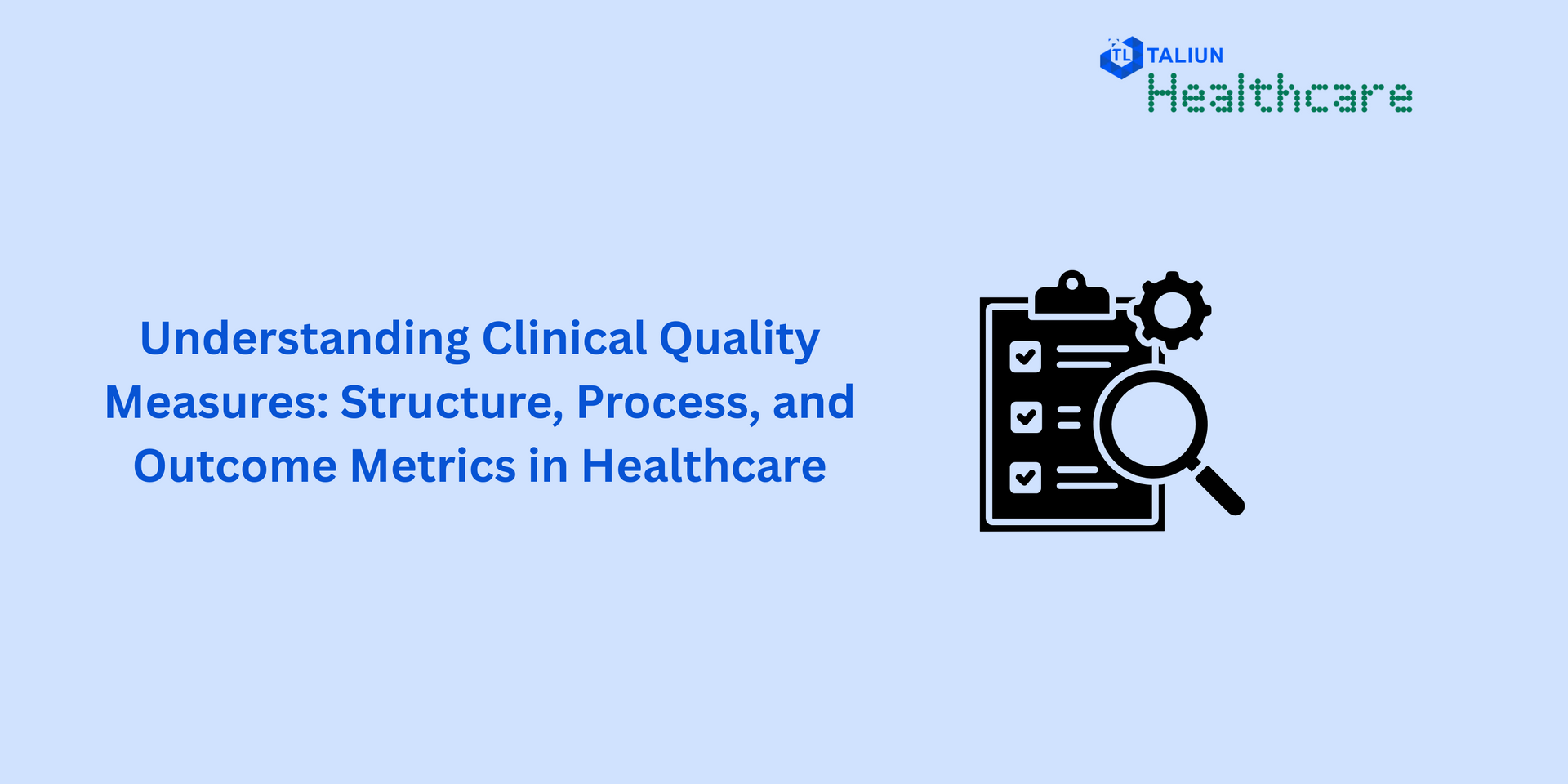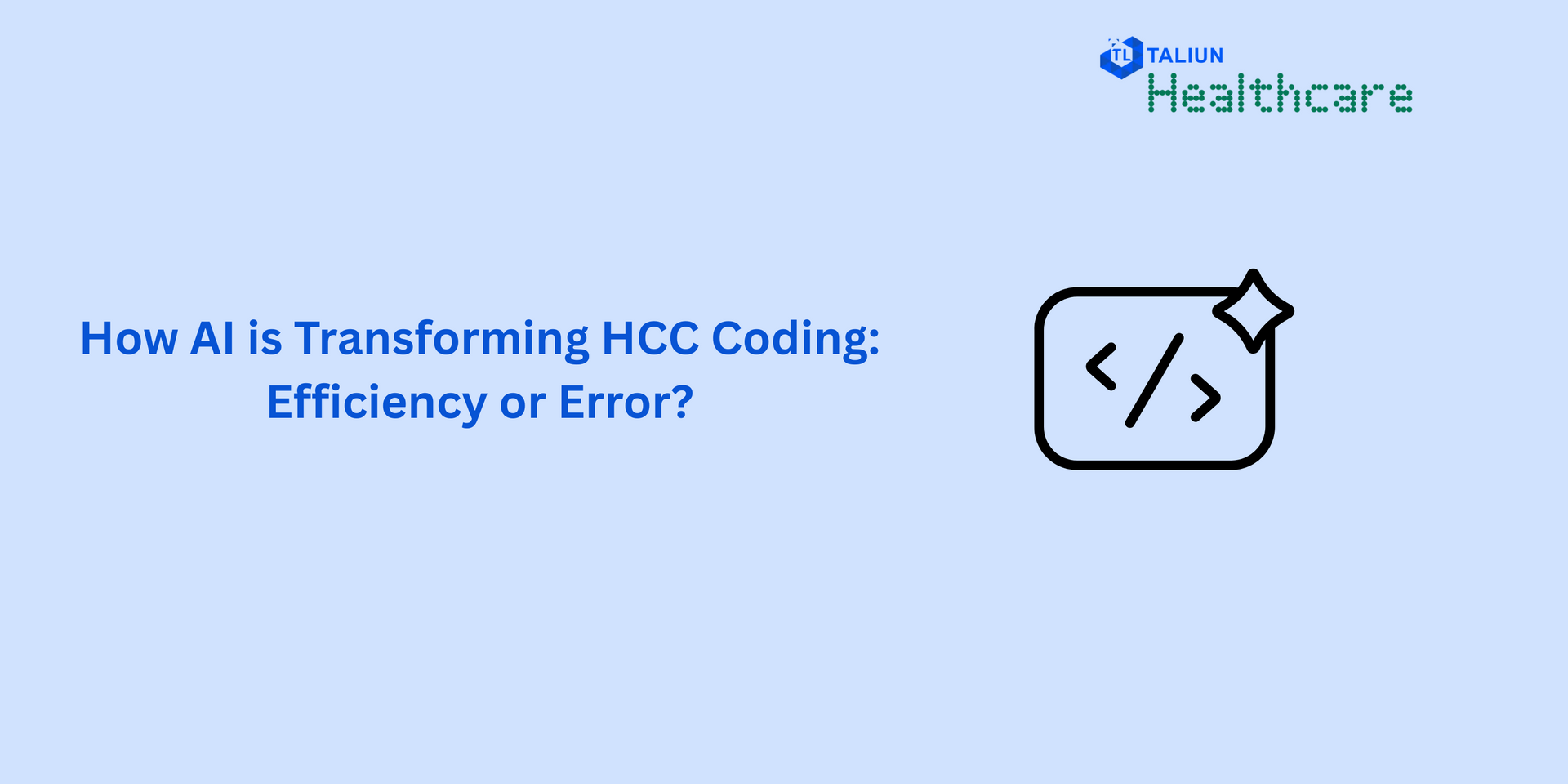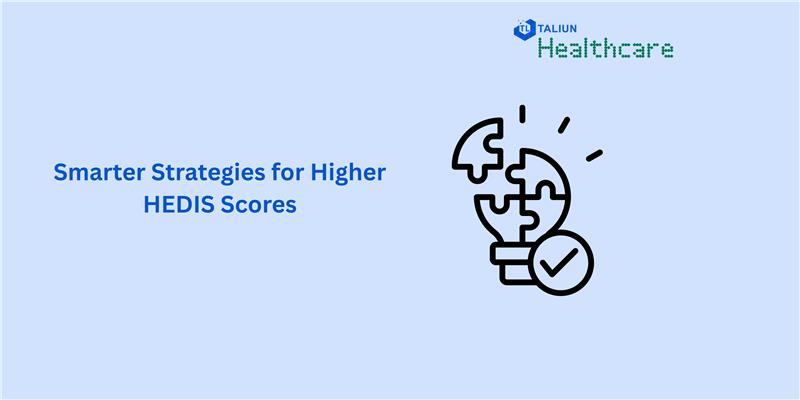Automating DataOps in Healthcare Using AI

In the modern healthcare landscape, the efficient management of data has become increasingly critical. As the volume of healthcare data continues to grow, so does the need for robust DataOps strategies that can streamline data processes, ensure data quality, and support decision-making. Integrating Artificial Intelligence (AI) into DataOps offers a transformative approach to managing healthcare data, enhancing efficiency, accuracy, and ultimately, patient outcomes.
Understanding DataOps in Healthcare
DataOps, short for Data Operations, is an emerging discipline that combines data engineering, data integration, data management, and data quality with the aim of improving the speed and accuracy of analytics and data delivery. In healthcare, DataOps involves the seamless and efficient management of patient records, medical imaging, clinical trials, and other critical data sources.
Key challenges in healthcare DataOps include:
Data Silos: Healthcare data is often dispersed across various systems and departments, making it difficult to consolidate and analyze.
Data Quality: Ensuring the accuracy and completeness of healthcare data is paramount but challenging.
Compliance and Security: Managing sensitive patient information requires adherence to stringent regulatory standards like HIPAA.
Scalability: The exponential growth of healthcare data demands scalable solutions for storage, processing, and analysis.
The Role of AI in Automating DataOps
AI can significantly enhance DataOps by automating repetitive tasks, improving data quality, and providing advanced analytics capabilities. Here are several ways AI is revolutionizing DataOps in healthcare:
1. Data Integration and Consolidation:
AI algorithms can automate the integration of data from disparate sources, reducing the time and effort required for manual data consolidation. Machine learning models can map and transform data from various formats into a unified structure, facilitating easier access and analysis.
2. Data Quality and Cleansing:
AI can automatically detect and correct errors in healthcare data, ensuring high data quality. Natural Language Processing (NLP) techniques can be used to extract meaningful information from unstructured data, such as physician notes and medical records, enhancing data completeness and accuracy.
3. Predictive Analytics:
AI-powered predictive analytics can provide actionable insights from healthcare data. For instance, machine learning models can predict patient outcomes, identify potential health risks, and suggest personalized treatment plans based on historical data.
4. Anomaly Detection:
AI can monitor data streams in real-time to detect anomalies and flag potential issues before they escalate. This capability is crucial for maintaining data integrity and compliance with regulatory standards.
5. Automated Reporting:
AI-driven automation can streamline the generation of reports and dashboards, providing healthcare professionals with timely and accurate information. This automation reduces the administrative burden on healthcare staff, allowing them to focus more on patient care.
6. Scalability and Performance Optimization:
AI can optimize the performance of DataOps workflows by dynamically allocating resources based on workload demands. This ensures that healthcare data systems can scale efficiently to handle increasing data volumes without compromising performance.
Technologies Enabling AI-Driven DataOps in Healthcare
A variety of technologies support the integration of AI into DataOps workflows in healthcare:
1. Machine Learning Frameworks:
TensorFlow and PyTorch: Widely used for building and deploying machine learning models, these frameworks provide the tools necessary for developing AI algorithms that can process and analyze large healthcare datasets.
Scikit-learn: Ideal for implementing traditional machine learning algorithms, this library is commonly used for tasks like predictive analytics and anomaly detection.
2. Natural Language Processing (NLP):
SpaCy and NLTK: These libraries facilitate the processing and analysis of unstructured text data, such as clinical notes and research articles, enabling the extraction of valuable information.
BERT and GPT: Advanced NLP models capable of understanding and generating human-like text, useful for tasks like information extraction, summarization, and report generation.
3. Data Integration and ETL Tools:
Apache NiFi: An open-source tool for automating the flow of data between systems, ensuring seamless data integration.
Talend: Provides comprehensive data integration solutions, including ETL (Extract, Transform, Load) capabilities, making it easier to consolidate data from various sources.
4. Data Quality Management:
Trifacta: A data preparation platform that uses AI to clean and structure data, improving data quality and readiness for analysis.
Informatica: Offers data quality solutions that automate the identification and correction of data issues, ensuring accurate and reliable healthcare data.
5. Real-time Data Processing:
Apache Kafka: A distributed event streaming platform that allows for real-time data processing, crucial for monitoring and analyzing live data streams in healthcare.
Apache Flink: A stream processing framework that supports real-time analytics and event-driven applications, ensuring timely data insights.
6. Cloud Platforms:
AWS: Amazon Web Services provides a suite of AI and machine learning services, such as Amazon SageMaker, that facilitate the development and deployment of AI models at scale.
Google Cloud: Google Cloud AI and BigQuery offer powerful tools for data analysis, machine learning, and real-time data processing.
Microsoft Azure: Azure AI and Azure Machine Learning provide comprehensive services for building, training, and deploying AI models, with robust support for healthcare data management.
Real-World Applications
Several healthcare organizations have already begun leveraging AI to automate their DataOps processes:
Predictive Maintenance in Medical Equipment:
By analyzing sensor data from medical devices, AI can predict when equipment is likely to fail and schedule maintenance proactively, reducing downtime and ensuring continuous patient care.
Personalized Medicine:
AI can analyze genetic data and patient histories to develop personalized treatment plans, improving patient outcomes and reducing trial-and-error in medication prescriptions.
Clinical Decision Support:
AI-powered systems can assist clinicians in diagnosing diseases and recommending treatment options by analyzing vast amounts of medical literature and patient data.
Conclusion
Automating DataOps in healthcare using AI is not just a technological advancement; it is a paradigm shift that holds the potential to transform healthcare delivery. By enhancing data quality, improving operational efficiency, and providing actionable insights, AI-driven DataOps can significantly impact patient care and healthcare outcomes. As AI technology continues to evolve, its integration into DataOps will become increasingly essential for healthcare organizations aiming to stay competitive and deliver high-quality care in a data-driven world.
Embracing this technology now can set the foundation for a smarter, more efficient, and patient-centric healthcare system.




